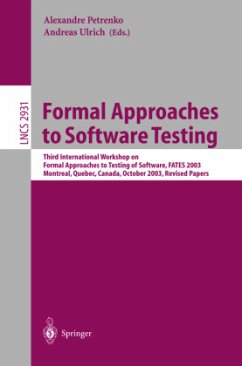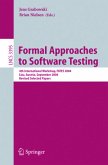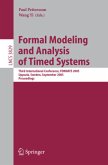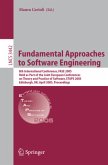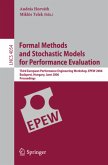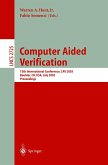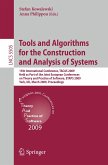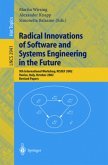Formal methods provide system designers with the possibility to analyze system models and reason about them with mathematical precision and rigor. The use of formal methods is not restricted to the early development phases of a system, though. The di?erent testing phases can also bene?t from them to ease the p- duction and application of e?ective and e?cient tests. Many still regard formal methods and testing as an odd combination. Formal methods traditionally aim at verifying and proving correctness (a typical academic activity), while testing shows only the presence of errors (this is what practitioners do). Nonetheless, there is an increasing interest in the use of formal methods in software testing. It is expected that formal approaches are about to make a major impact on eme- ing testing technologies and practices. Testing proves to be a good starting point for introducing formal methods in the software development process. This volume contains the papers presented at the 3rd Workshop on Formal Approaches to Testing of Software, FATES 2003, that was in a?liation with the IEEE/ACM Conference on Automated Software Engineering (ASE 2003). This year, FATES received 43 submissions. Each submission was reviewed by at least three independent reviewers from the program committee with the help of - ditional reviewers. Based on their evaluations, 18 papers submitted by authors from 13 di?erent countries were selected for presentation at the workshop.

